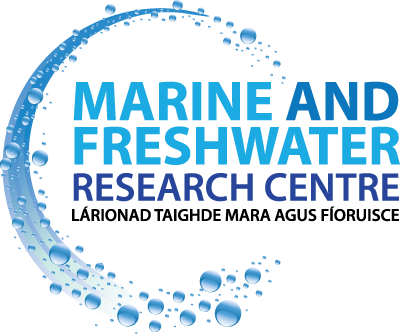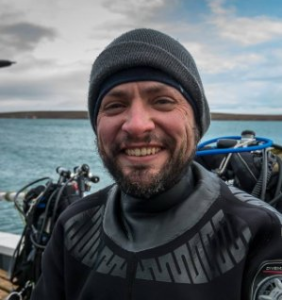Due its fast and successful expansion and ecological effects, the Mediterranean seagrass Halophila stipulacea is recognized as an invasive species in the island of Grenada, in the Caribbean Western Indies. The available data on the rate of expansion of monospecific colonies, and its effects on native seagrasses and their associated biota, is superficial and warrants further study. This study aims to cover the knowledge gap on the extension on the invasion for Grenada, the impact of the invasion on both the biotic environment and ecosystem services, as well as on the conservation and management of native and invasive seagrass species. This project implements an effective ecological assessment of the recent invasion of the species in Grenada following standard methodologies for seagrass habitat mapping which will contribute to develop preventative measures to address its continuous expansion. The research is led by Shawn Allard as part of his MSc thesis under the supervision of ATU’s Dr Jose M. Fariñas-Franco and St George’s University’s Dr. Paula Spiniello. This project is a collaboration between ATU and Saint George’s University in Grenada, and is funded as a Master’s Scholarship by the ‘Our Shared Oceans’ Programme, a Government of Ireland initiative funded by Irish Aid and administered by the Marine Institute.


